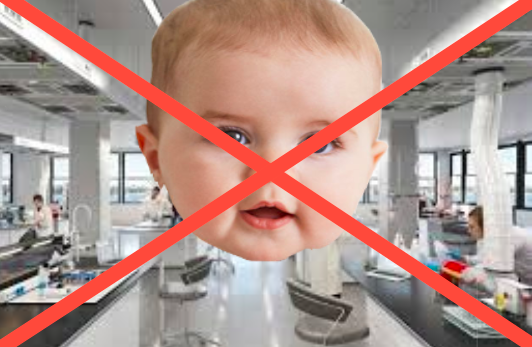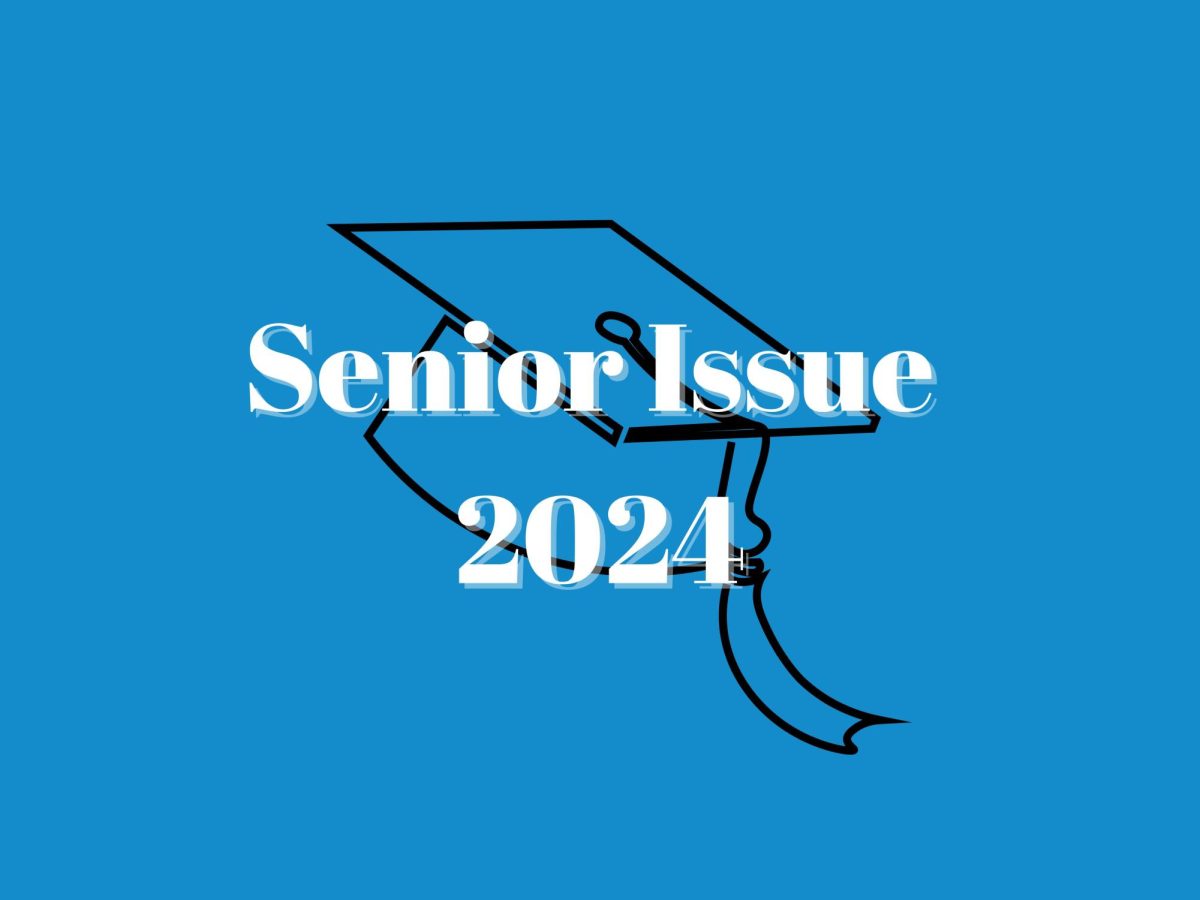On November 25th, 2018, He Jiankui, a researcher in China, announced a claim that he had created the first genetically modified babies. He allegedly modified the DNA of twin girls so that they would be resistant to human immunodeficiency virus (HIV). While Jiankui has no evidence proving his study or research, his claim introduces many important questions that we will have to face in this new age of technology.
Technological advancements like CRISPR, a gene editing tool, make genetic modifications feasible. Many countries have already imposed laws or guidelines against the use of gene editing tools on humans.
The graphic below shows which countries have specific restrictions on gene editing:

The United States is one of the few countries that does not have direct laws against gene modification, allowing human embryos to be edited to create so-called “designer babies.” Many people are worried that designer babies could change the human evolutionary process, and others worry that it is unethical to change the hair color or the IQ of an unborn child without knowing any other possible side effects.
Personally, I think there is only one case in which designer babies are ethical. When a gene is being modified that will remove mutations that could cause serious diseases, only then does it make sense to edit a baby. But in cases that are not medically necessary, there is no ethical justification for modifying a human embryo. Even He Jiankui’s modification to prevent HIV in the twin girls was not a medically necessary procedure, considering there are several other ways to prevent HIV in human embryos without editing their DNA.
In the book The Problems and Possibilities of Modern Genetics: A Paradigm for Social, Ethical, and Political Analysis, the authors Eric Cohen and Robert P. George discuss the issues that lie in the ethics of gene editing. One of the main reasons why people are interested in genetic modification is to produce desirable human traits in their child, like higher IQ or phenomenal strength. Editing for these traits in a human embryo could come at the cost of other characteristics. Not all of the human life is based off of exceptional talent in physical ability. We do not want to turn the human race into machine-like people.
Gene editing in order to create certain characteristics in a child would be detrimental to the evolutionary process and possibly the child themself. Ever seen the movie Gattaca from 1997? We do not want to risk creating a social hierarchy in which some people are more superior due to genetic modification and other people are discriminated against due to a lack of genetic modification.
It would therefore be best to leave the idea of designer babies untouched. Genetic modification in human embryos is justified when necessary to prevent life-threatening diseases, but otherwise could have drastic negative consequences to society and the human race.









